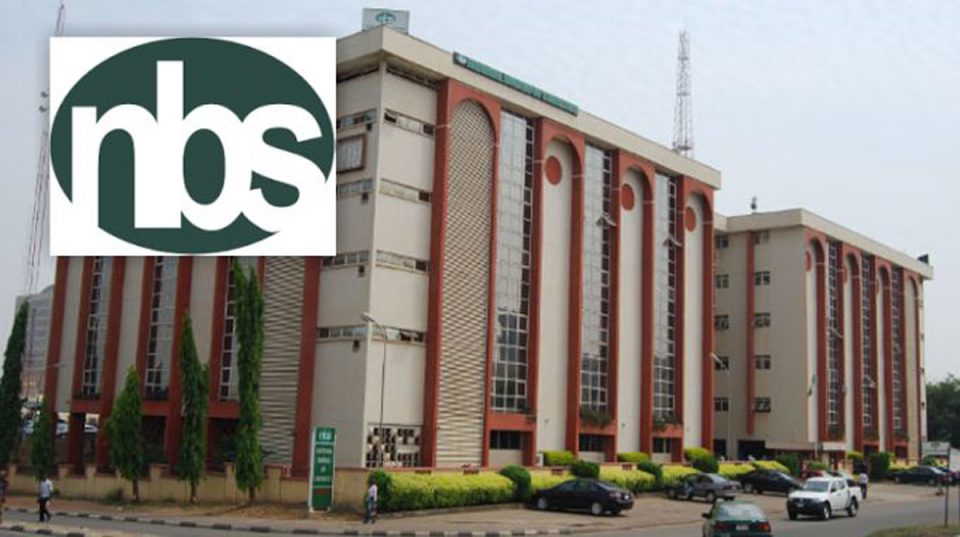There is hardly any doubt that the fall in oil production and pricing is among major factors that contributed to the second recession which Nigeria slipped into after its Gross Domestic Product (GDP), contracted for the second consecutive quarter.
According to official data released by the National Bureau of Statistics the economy shrank by 6.1 percent in Q2, indicating that two consecutive quarters of negative growth have been recorded in 2020.
Nigeria, often regarded as the largest economy on the economy slides into another recession after exiting one in 2017, barely four years ago.
The recession four years ago was its first in three decades, and the country emerged from it the following year.
However, a factor of utmost concern to stakeholders is the fact that growth has been fragile rising from the COVID-19 pandemic which has hit the economy hard, amid low oil prices.
Nigeria as it stands depends on crude oil receipts for 90 percent of foreign exchange earnings.
Nigeria normally accounts for an average output of two million barrels per day. But the effects of the pandemic and low oil prices have cut production to approximately 1.4 million barrels.
“Q3 2020 Real GDP contracted for second consecutive quarter by -3.62 percent,” The NBS had stated on their report.
“Cumulative GDP for the first nine months of 2020, therefore, stood at -2.48 percent,” the apex statistics body added.
The oil sector contracted by 13.89 percent in the third quarter against growth of 6.49 percent in the same period a year earlier, according to data cited by the NBS, while non-oil sectors shrank by 2.51 percent in the three months to September.
Following Nigeria’s first confirmed COVID-19 case in late February; lockdowns were imposed from late March until early May in the main cities – economic hub Lagos and the capital, Abuja.
Lockdowns were also imposed in some of the country’s other states and a ban was placed on interstate travel.
“The performance of the economy in Q3 2020 reflected residual effects of the restrictions to movement and economic activity implemented across the country in early Q2 in response to the COVID-19 pandemic.
“As these restrictions were lifted, businesses reopened and international travel and trading activities resumed, some economic activities have returned to positive growth,” NBS had said
The Federal Government had previously disclosed that it expected the economy to contract by as much as 8.9 percent this year in a worst-case scenario without stimulus.
Also, the International Monetary Fund has forecast a 5.4-percent drop in Nigeria’s GDP this year.
Also, at the recent Monetary Policy Committee meeting, the Central Bank Governor, Godwin Emefiele, has said that the decline in crude prices and the containment measures put in place to deal with the public health crisis in the height of COVID-19 lockdown significantly led to a constriction in business activities, with resulting implications for federal and state governments, as well as households and businesses.
However, despite all the hurdles the economy is undergoing, the government at the centre remains optimistic that the country will exit recession in the first quarter of 2021




